5 Productive Ways to Spend Your Free Time in 2025
When boredom strikes, it’s easy to reach for your phone or flip on the TV to pass the time. While these habits may offer quick relief from boredom, they often leave you feeling unfulfilled. Have you ever thought about using your free time in more meaningful ways that can truly enrich your life?
Instead of mindlessly scrolling through social media or binge-watching your favorite shows, try engaging in activities that contribute to your personal growth. For example, reading a book can transport you to new worlds or teach you something valuable, while learning a new skill—like playing an instrument, cooking, or coding—adds a sense of achievement. You could also use your free time to reflect on and plan your future goals, allowing you to focus on what really matters to you.
Exercise is another great way to make the most of your time. Whether it’s going for a walk, practicing yoga, or hitting the gym, physical activity boosts both your mental and physical health. These types of activities not only keep you entertained but also provide long-term benefits by helping you develop new skills, stay focused on your goals, and improve your well-being. By consciously choosing enriching activities, you can turn boredom into an opportunity for growth.
Let’s explore five ideas that can help you make the most of your free time and boost your productivity.
Table of Contents
Crack Open a Book

The Joy and Benefits of Reading
Reading isn’t just for school—it’s a great way to learn new things, explore different ideas, and enjoy fun stories in your free time. Whether you like fiction or non-fiction, reading has many benefits that go beyond just entertainment.
Fiction lets you dive into different worlds, experience new adventures, and use your imagination. It’s like taking a break from real life while learning how other people think and feel. Reading fiction can help you understand others better and build empathy.
Non-fiction books, on the other hand, help you learn about real-world topics. Whether it’s self-improvement, history, or science, non-fiction can teach you valuable lessons and help you grow. You can use it to stay informed or improve your knowledge in areas you’re interested in.
Reading also helps with focus, concentration, and building your vocabulary. It can reduce stress, improve memory, and provide a relaxing escape from the busyness of life. By making reading a habit, you can enjoy all these benefits and more.
Types of Books to Consider
- Novels: Dive into captivating stories and complex characters.
- Biographies: Learn from the experiences of notable individuals.
- Self-Help Guides: Gain insights into improving various aspects of your life.
Tips for Getting Started
Pick a book that interests you. You’ll be surprised how quickly the pages turn and how much you can learn in just a few hours. Consider setting aside a specific time each day for reading to make it a regular habit.
Here are some books to get started –
- Atomic Habits: An Easy & Proven Way to Build Good Habits & Break Bad Ones
- The Psychology of Money: Timeless lessons on wealth, greed, and happiness
- Think and Grow Rich
- The 7 Habits of Highly Effective People
- The Power of Discipline: How to Use Self Control and Mental Toughness to Achieve Your Goals
Plan Your Future

The Power of Goal Setting
When you’re feeling unsure or without direction, setting goals and making plans can help you feel clearer and more motivated. It’s like having a guide to help you focus on where you want to go and what you want to achieve. Instead of just going with the flow, you’re taking control of your own path.
Goals give you a sense of purpose and break down big tasks into smaller, manageable steps. Whether it’s personal growth, career goals, or improving relationships, having clear goals helps you stay focused and avoid feeling lost. They act like checkpoints, showing you progress along the way.
Making a plan helps you figure out what steps to take to reach your goals. It helps you manage your time and energy better, keeping you on track and preventing distractions.
By setting goals and creating a plan, you’re taking charge of your future. This makes you feel more in control, gives you purpose, and helps you live a life that matches what you really want.
Steps to Create a Personal Roadmap
- Identify Your Goals: Write down what you aim to accomplish, considering both short-term and long-term objectives.
- Create a Plan of Action: Outline the steps you need to take to reach your goals.
- Set Deadlines: Give yourself a timeline to stay focused and motivated.
Tools and Resources
Use planners, goal-setting apps, and productivity journals to keep track of your progress. Having a roadmap will help you stay focused and avoid distractions.

Get Moving and Exercise

Physical and Mental Benefits of Exercise
Engaging in physical activity isn’t just good for your body—it’s great for your mind too. When you exercise, your brain releases endorphins, also known as “feel-good” chemicals, which naturally improve your mood and help reduce stress. These endorphins act like a natural stress reliever, helping you feel more relaxed and positive, even after a challenging day.
In addition to boosting your mood, regular exercise improves mental clarity and focus, making it easier to stay productive and sharp throughout the day. Physical activity also helps reduce symptoms of anxiety and depression, making it a powerful tool for mental health as well as physical well-being.
Whether it’s a simple walk, a workout at the gym, or a fun activity like dancing or swimming, exercise strengthens both your body and mind. By incorporating it into your daily routine, you not only enhance your physical fitness but also improve your emotional health, creating a healthier, happier, and more balanced life.
Types of Physical Activities
- Walking: A simple way to get moving and clear your mind.
- Running: Great for cardiovascular health and mental clarity.
- Biking: Fun and effective for building endurance and strength.
Tips for Staying Active
Discover an enjoyable activity, set achievable fitness goals, and integrate exercise into your daily schedule. Regular physical activity enhances cognitive abilities, increases energy, and promotes better sleep quality. Making exercise a consistent part of your routine contributes to overall wellness and vitality.
Tidy Up Your Space

The Impact of a Cluttered Environment
A messy and cluttered space can contribute to stress, overwhelm, and even make it hard to concentrate. When your environment is chaotic, it can create feelings of confusion and mental fog, making it difficult to stay focused on tasks or feel at ease. However, taking the time to clean up and organize your space can have a powerful effect on your mental well-being.
By decluttering, you’re not just tidying up your physical surroundings—you’re also creating a more peaceful and orderly atmosphere that can positively influence your mood. Getting rid of unnecessary items and organizing your things brings a sense of control and clarity, which can help reduce stress and anxiety. When your space is neat, you may find it easier to focus, relax, and be productive.
The simple act of cleaning up can boost your happiness by providing a sense of accomplishment and creating a more inviting space to live and work. It’s a small but effective step toward improving your mental health, allowing you to feel more calm, organized, and content in your environment.
Steps to Declutter Your Space
- Sort and Organize: Put away clothes, clear off your desk, and organize your shelves.
- Donate or Discard: Get rid of items you no longer need.
- Create a Cleaning Schedule: Regularly maintain a clean and tidy space.
Benefits of a Clean Space
The difference in how you feel in a neat and organized space may surprise you. A clutter-free environment not only enhances your mood but also increases your productivity. With fewer distractions, it becomes simpler to concentrate on your work or tasks. The peace and orderliness of a tidy space contribute significantly to your overall well-being, making daily activities more enjoyable and manageable.
Learn a New Skill
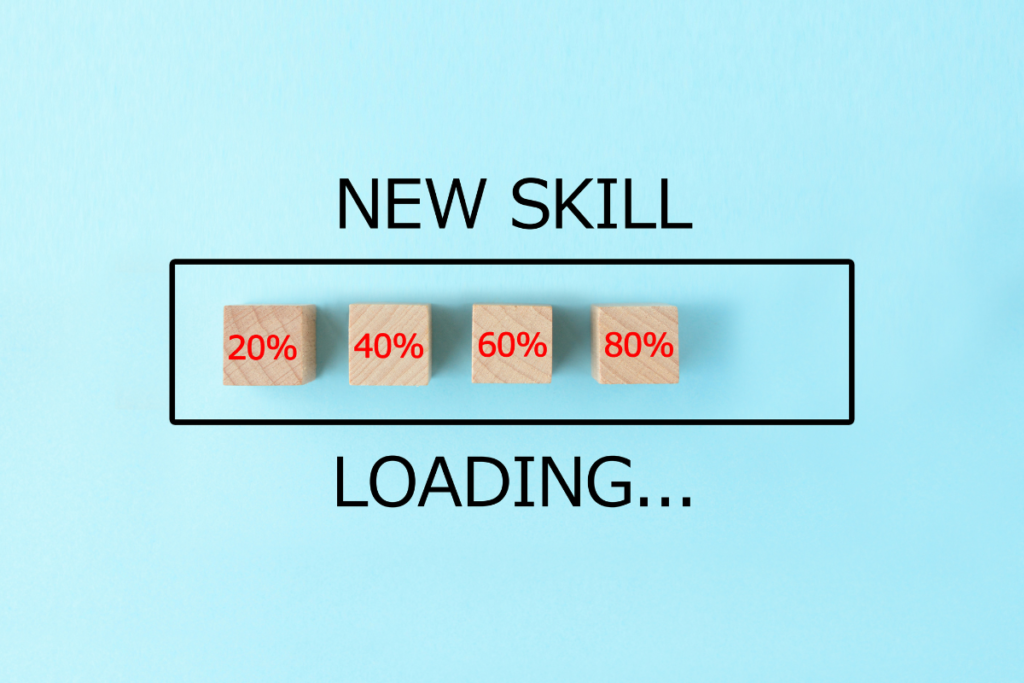
The Endless Possibilities of Learning
Learning is something that never stops. Whether you’re trying out a new hobby, improving skills for work, or discovering new things you enjoy, every learning experience adds value to your life. It keeps your mind sharp and helps you grow both personally and professionally.
When you learn new skills, it’s not just about gaining knowledge. It opens up new doors and exciting opportunities. For example, learning a new language could let you travel more or boost your career. Picking up a new skill at work might lead to a promotion or a fun side project. Even hobbies like painting or gardening can bring happiness and satisfaction.
With each new thing you learn, you become more confident and ready to take on challenges. Learning helps you grow and discover new opportunities you may not have thought about before. It’s not just about the destination, but about the exciting journey of growth and possibilities that learning brings.
How to Start Learning
- Take a Class: Enroll in local or online courses.
- Watch Tutorials: Utilize platforms like YouTube for free tutorials.
- Find a Mentor: Seek guidance from someone experienced in the field.
Popular Skills to Consider
- Cooking: Improve your culinary skills and try new recipes.
- Photography: Learn the art of capturing beautiful moments.
- Coding: Gain valuable tech skills that are in high demand.
Always remember that time is valuable. Avoid spending it on activities that don’t add value or meaning to your life. Instead, use your free time wisely to learn new things, improve yourself, and make your life more fulfilling. By making these activities a regular part of your routine, you can transform dull moments into chances for personal growth and being more productive in your daily life.
Why is it important to spend free time productively?
Productive use of free time helps improve personal growth, reduces stress, and enhances overall well-being. It also allows you to learn new skills, achieve goals, and feel more fulfilled.
What are some productive activities I can do in my free time?
Some productive activities include reading books, learning a new skill, exercising, planning your future goals, and engaging in creative hobbies like painting or writing.
How can I start using my free time more productively?
Start by identifying activities that interest you and align with your goals. Set small, achievable tasks, and gradually build productive habits. Avoid time-wasting activities like mindless scrolling on social media.
Can balancing productive activities with relaxation help reduce burnout?
Yes, balancing productive activities with relaxation can help maintain mental and physical well-being, preventing burnout. Taking breaks and engaging in stress-relieving activities, such as meditation or short walks, is essential.
How do productive habits during free time improve my future?
Productive habits contribute to personal growth, improve skills, and open doors for new opportunities. They enhance your chances of success in your career, relationships, and overall life satisfaction.

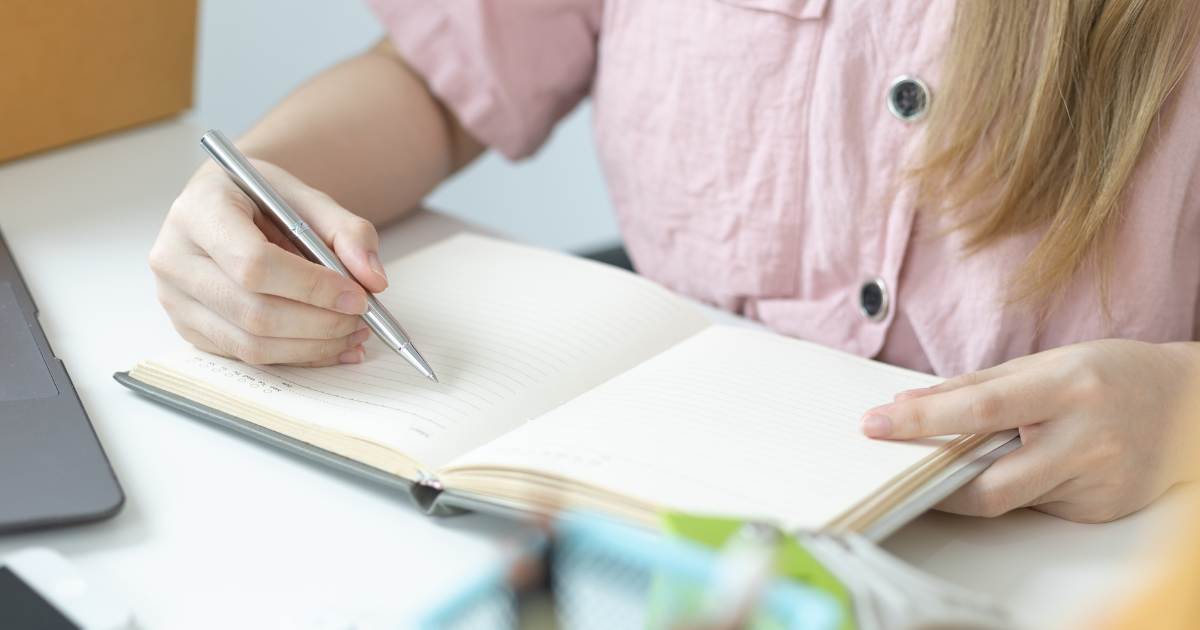
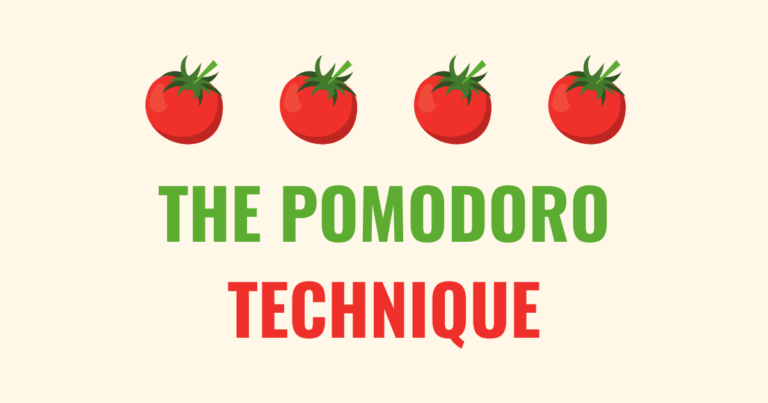
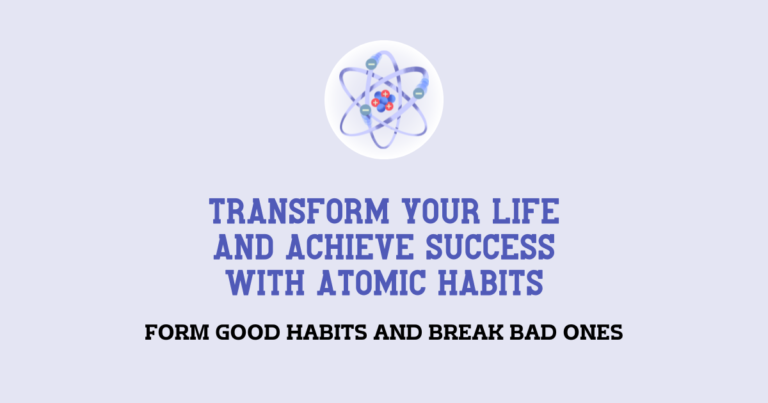

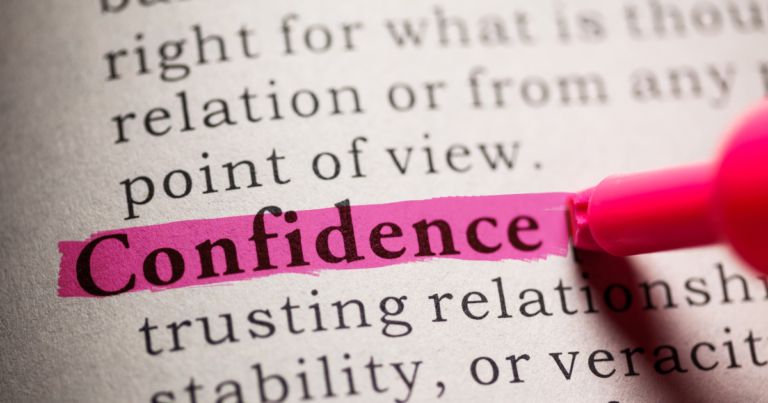
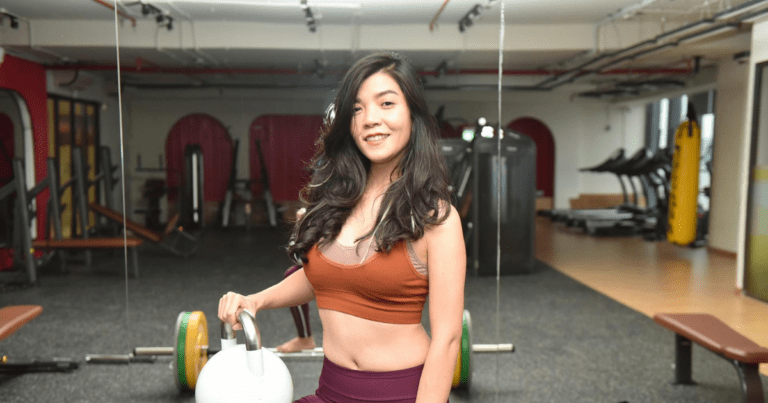
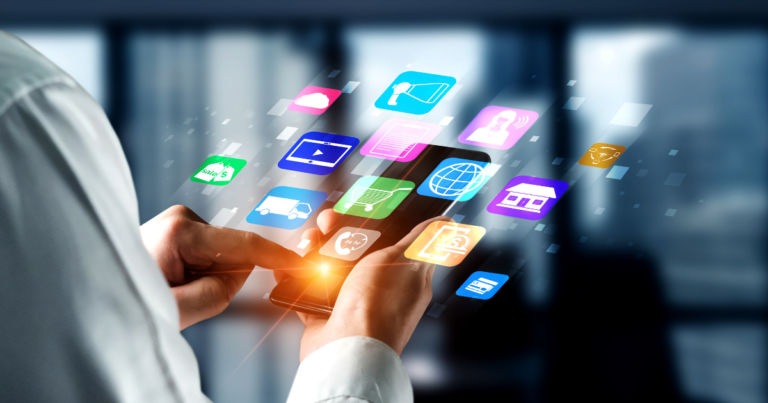
Such a great read! Thanks for sharing!